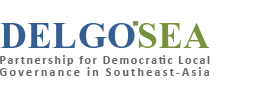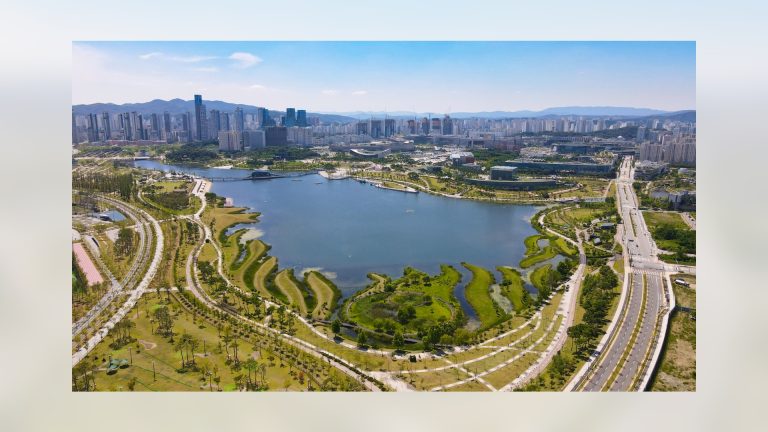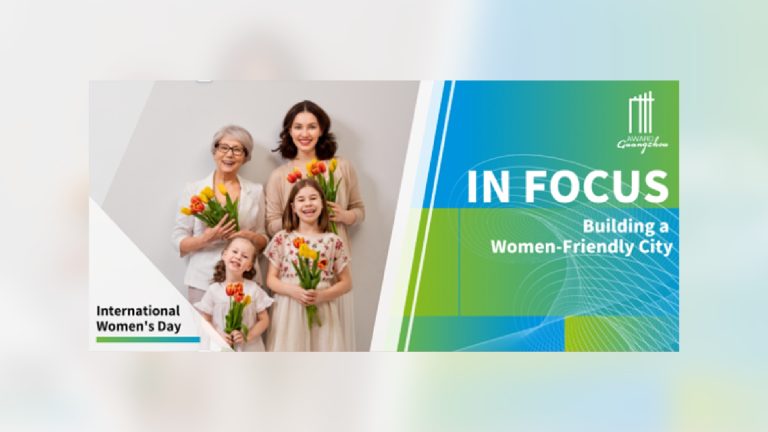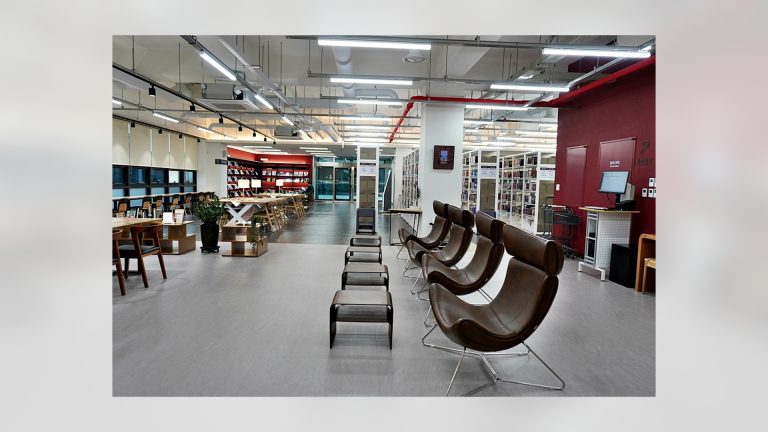Since 2003 onwards, our partner, the Partnership for Democratic Local Governance in Southeast Asia (DELGOSEA) has identified 24 good governance best practices (BPs) which can assist local governments in advancing their public services. The implementation of E-Procurement system in Surabaya City is one of the highly innovative best practices, which aims to increase effectiveness, efficiency and transparency to the goods and services procurement process.
Public procurement process needs to be given attention, as it is an easy target for corruption at government level, along with the private sector. Old-fashioned procurement systems, which require constant face-to-face meetings among stakeholders, will increase the possibility of corruption in the awarding of contracts and projects. The lack of transparency in this process often causes government to pay more than what has been budgeted and a delay in project completion. In the beginning of 2004, based on the Presidential Decision No. 80/2003, Surabaya City Government refined the goods and services procurement system to adopt the e-Procurement (e-Proc). The key objectives were: to have a comprehensive system of electronic procurement throughout the Surabaya local government agencies, to increase cost-efficiency, and to ensure faster and more efficient service delivery.
The results were promising. After almost 10 years, the city government has won numerous awards, including one at Asia-Pacific level. The city government managed to save 20-30 percent of its original budget for public works and services. Since the system is paperless, it also enabled the government to save money from not having to buy paper. Moreover, it’s proven to increase the efficiency of goods and services delivery. The possibility of corruption is also reduced as the entire system takes place in an open and transparent manner.
Surabaya is the pioneer of e-procurement in Indonesia, and it had been celebrated as the national pilot city due to its successful implementation. Its success has led to other national and local governments visiting the country in order to learn.
Transparency and efficiency in public service delivery are essential for creating good local governance. Therefore, in order to promote such corruption-free governance in Southeast Asia and the wider Asia Pacific, UCLG ASPAC and DELGOSEA are very keen to facilitate this practice in other local governments within the region, thanks to Surabaya.
Further information about this Best Practice, please visit: http://www.delgosea.eu/cms/Best-Practices/New-Best-Practices-DELGOSEA-II-from-2013-onwards











